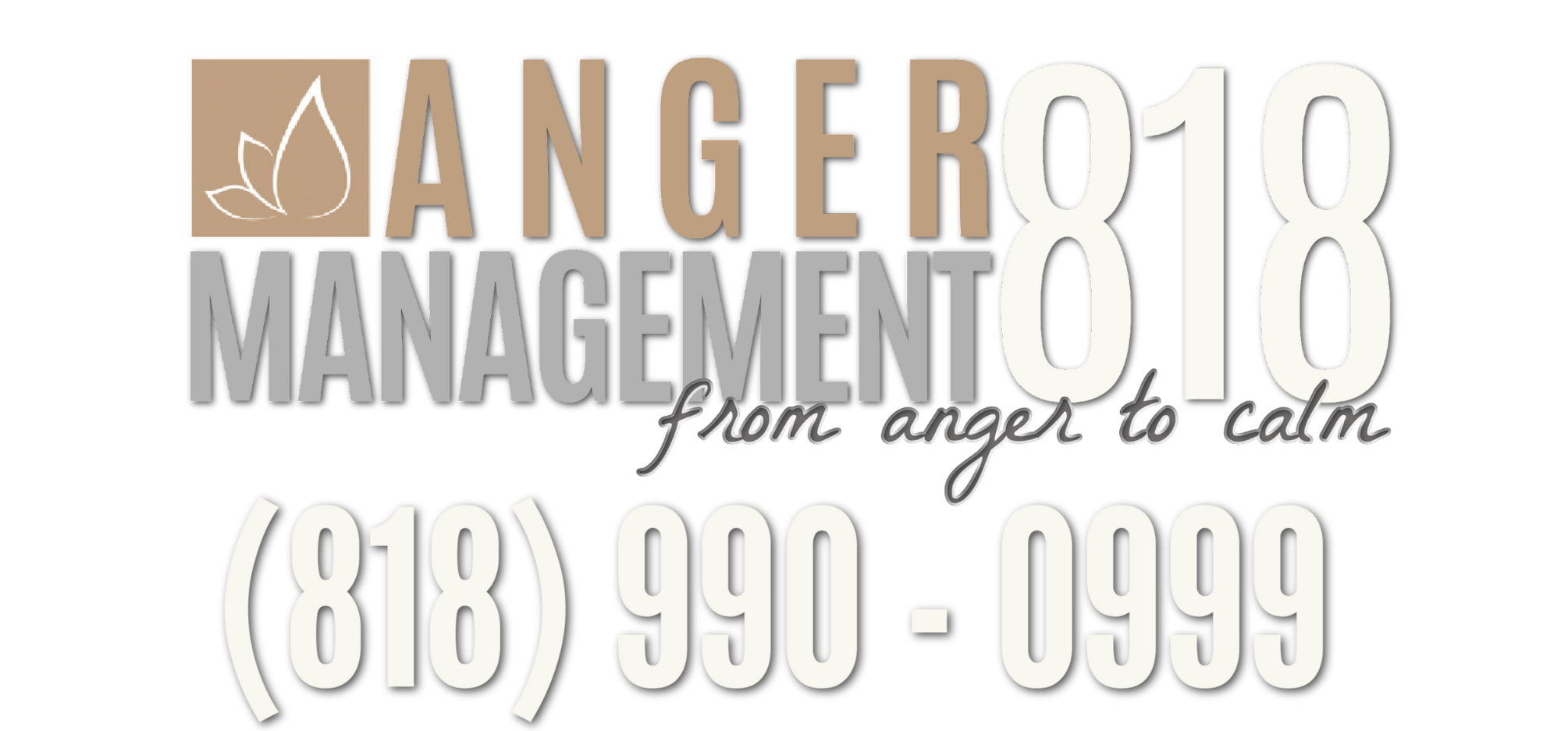Some feelings tend to be disturbing, uncomfortable, torturous, and downright painful. So painful that we often cover these feelings up with depression, or anger, or anything else that will help to cover up or ignore what we’re truly feeling. We might even stop to wonder why we even have these feelings in the first place – why would our minds make us feel so bad?
Probably the most uncomfortable of these feelings is GUILT.
Is it our mind’s way of beating us up for doing something wrong? Maybe the result of someone wronged trying to make the other feel as bad as they do? But again, what is the point? Why does it have to be so uncomfortable?
Let’s look at it from an evolutionary standpoint- if traits evolve to help with the survival of an individual or a species, then why would guilt evolve? When we wrong someone, either intentionally or not, feeling guilt decreases the chances of committing another harmful act, thus increasing our chances of survival – I don’t mean survival only in the sense of living, although it probably applied in the times of caves and tribes. But survival also means that one is able to keep relationships and remain part of the social community. Guilt is a big component of emotional intelligence. The ability to know you’ve done something to hurt another, and feel uncomfortable about having done so, is an indication of your ability to sympathize.
It’s uncomfortable because it’s hard to admit to being responsible for the pain of another. Avoiding guilt can have dire consequences of its own- blame can be projected and misplaced, and it can lead to the secondary emotions of depression and anger. But there is hope! There are several ways to remedy the feelings of guilt – the most obvious of which is asking for forgiveness of the one who has been hurt. The next time you apologize, notice how much the weight of guilt is almost automatically lifted. Another remedy is awareness and making conscience efforts to improve oneself. Other remedies are accepting punishment, making amends, understanding wrongdoing and adjusting the level of guilt to be appropriate to the crime committed, and forgiving yourself.
So the next time you feel the burden of guilt come over your shoulders, take a more active role in trying to understand and deal with it. We have feelings for a reason, they should never be ignored, but used as tools to understand ourselves and the world around us.
Written by Rachel Goukassian, MA, MFT Intern



